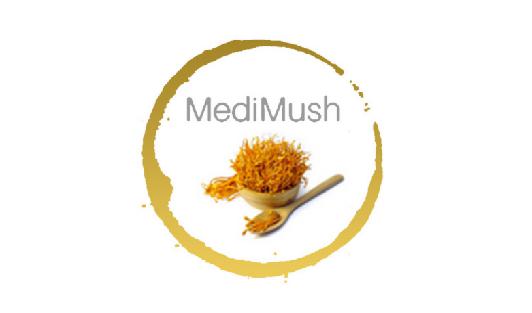Cordyceps Research
Cordyceps Research
Research has shown Cordyceps to have numerous biological activities. This includes the following:-
- Inhibition of cell proliferation.
- Inhibition of platelet aggregation.
- Inhibition of cell migration.
- Induction of apoptosis.
- Invasiveness and an overall reduction of inflammation, especially in humans.
Unsurprisingly, some of the most comprehensive research on Cordycepin has centred around its potential to reduce tumour sizes in cancer patients.
It is not difficult to imagine that such claims have led to enormous research regarding how it can help fight cancer.
Indeed, one such study found that several patients with lung health issues who continuously took a level dosage of Cordyceps Sinensis every day did, in fact, show great improvements in their lung health.
A further experiment involved thirty-three patients with Hepatitis B and a further eight patients with Cirrhosis.
Cordyceps supplements taken by all patients led to improvements in two liver function tests.
There was a 72% improvement in the thymol turbidity test and a 79% improvement in the SGPT test.
Cordycepin has many intracellular targets. These include nucleic acid (DNA/RNA), apoptosis, cell cycle, etc.
Research into how anti-cancer drugs work has provided important information for the design of novel drug targets.
This is so that anti-tumour activity with less toxicity to patients can be improved.
A particular study examined the effect of Cordycepin on liver cells.
The subsequent results showed that Cordyceps acid and Cordycepin together improved both the inflammatory and fibrogenic response of HSCs (Hepatic stellate cells – liver cells).
This is most likely because of their ability to encourage DNA repair while reducing damage from free radicals.
Concerning the inhibition and resolution of liver fibrosis, the researchers have concluded that these effects may contribute significantly to its therapeutic mechanisms.
It is believed that Cordycepin can also help reduce the possibility of chronic liver conditions, including hepatitis. Other studies have shown that it protects the liver, even if it has suffered severe disease damage. Every batch of cordyceps is tested for high levels of cordycepin to ensure full effects.
CLICK HERE TO VIEW THE DEALS AT MEDIMUSH
- Wong, Y. Y., & Duffin, R. (2009). Cordycepin Inhibits Protein Synthesis and Cell Adhesion through Effects on Signal Transduction. Journal of Biological Chemistry, 285(4), 2610-2621.
- Xiao Y., Huang X.Z., Chen G.,Wang M.B., Zhu J.S., Cooper C.B.: Increased Aerobic Capacity in Healthy Elderly Humans given fermented Cordyceps Cs-4: a Placebo-controlled Trial
- National Cancer Institute. “Definition of cordycepin”. NCI Drug Dictionary. Retrieved 21 December 2015.
- Cordycepin Relation to Cancer and Studies
- Zhonghua Gan Zang Bing Za Zhi. Effects of cordyceps acid and cordycepin on the inflammatory and fibrogenic response of hepatic stellate cells

